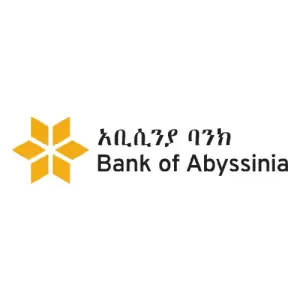Yesterday, Justice Minister of Somalia Hassan Moallim accused Ethiopia of causing decades of terrorism in Somalia. He said that Ethiopia’s military intervention in Somalia in 2006 led to a rise of terrorism in Somalia and Ethiopia is returning to the same policy again.
At that time, Ethiopia intervened to support the Transitional Federal Government (TFG) against the Islamic Courts Union (ICU), which controlled large parts of southern Somalia. While the intervention initially aimed to stabilize the region and bolster the TFG’s authority, its long-term consequences proved to be far-reaching and complex.
Rise of Al-Shabab
Critics of Ethiopia’s intervention argue that it inadvertently contributed to the rise of Al-Shabab, one of the most formidable terrorist organizations in the Horn of Africa. The argument posits that the intervention fueled resentment and provided a rallying cry for extremist elements, ultimately strengthening the radical insurgency in Somalia. Some even allege that Ethiopian support inadvertently facilitated the formation and growth of Al-Shabab, exacerbating Somalia’s security challenges.
Complex Regional Dynamics
The accusations Justice Minister of Somalia against Ethiopia must be understood within the broader context of regional geopolitics and power struggles. Moreover, recent tensions between Ethiopia and Somalia, exacerbated by Ethiopia’s cooperation agreement with the self-declared state of Somaliland, have strained relations and provided a platform for Somalia to voice grievances against its neighbor. Moreover, the evolving dynamics between various factions within Somalia, coupled with external influences, add layers of complexity to the security landscape of the region.
Ethiopia’s Response and Counterterrorism Efforts
In response to Somalia’s accusations, Ethiopia has reiterated its commitment to regional stability and counterterrorism efforts. Moreover, Ethiopian authorities emphasize the importance of collective action and cooperation among regional actors to combat shared security threats effectively. While acknowledging past grievances, Ethiopia underscores the need for inclusive governance, development initiatives, and sustainable peacebuilding efforts in Somalia.
Moving Towards Dialogue and Cooperation
As tensions persist and accusations fly, the imperative for constructive dialogue, mutual understanding, and regional cooperation becomes increasingly urgent. Both Ethiopia and Somalia face significant security challenges that transcend national borders, necessitating collaborative solutions and collective action. Moreover, fostering a conducive environment for dialogue and reconciliation is essential to address historical grievances, build trust, and chart a path toward sustainable peace and stability in the Horn of Africa.
More Stories










More Stories
Minister of Defense of Somalia Warns Ethiopian Troops
Somalia Expels Ethiopian Diplomat
Ethiopia Eritrea Football Match Cancelled